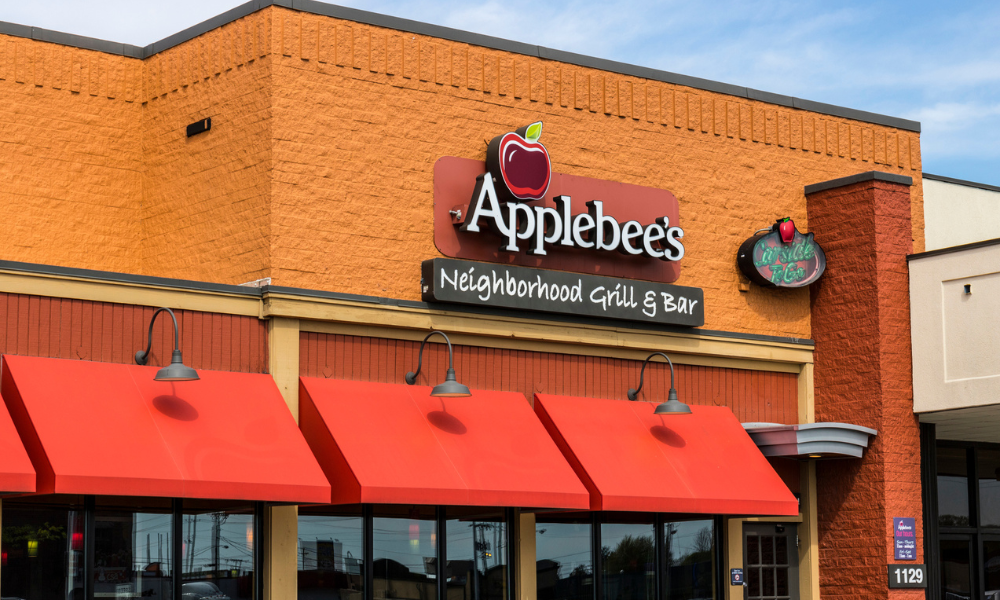
Applebee's accused of not paying overtime and minimum wages, not providing meal and rest periods

A recent case involved a complaint filed by two employees alleging violations of California’s Labor Code and seeking civil penalties under the Private Attorneys General Act of 2004 (PAGA) on behalf of themselves and current and former employees.
In that case, two allegedly aggrieved employees under the PAGA sued related companies that owned and operated 460 Applebee’s restaurants in California and in other states: Apple American Group LLC; Apple American Group II LLC; Apple Mid Cal LLC; Apple Mid Cal II, LLC; Apple NorCal LLC; Apple SoCal LLC; Apple SoCal II LLC; Flynn Restaurant Group LP; Flynn Restaurant Group LLC; and Winecountry Apple, LLC.
At an Applebee’s restaurant in San Rafael, the first plaintiff started working as a kitchen manager in approximately October 2001 and the second plaintiff began working as a cook in around September 2008. Their employment ended as of March 2020.
The plaintiffs alleged the following Labor Code violations: withholding tips and gratuities and failure to pay overtime wages, to pay minimum wages, to provide meal and rest periods, to pay timely wages, to provide accurate and complete wage statements, to maintain payroll records, to pay all earned wages during employment and upon termination, to provide suitable seating, to pay reporting time pay, to reimburse employees for work-related expenses, and to provide written notice of material information.
Read more: Applebee's franchisee grilled with sexual orientation, race discrimination lawsuit
In March 2022, the defendants filed a motion to compel arbitration and to stay the proceeding. They presented a declaration from one of their human resources business partners in California. The declaration stated the following:
The court denied the defendants’ stay request and motion to compel arbitration.
In June 2022, the U.S. Supreme Court issued its ruling in Viking River Cruises, Inc. v. Moriana (2022), which concluded that the defendant could compel arbitration of the plaintiff’s individual PAGA claim though the arbitration agreement was invalid as to the representative PAGA claim.
Citing this ruling, the defendants filed a renewed motion to compel arbitration. The trial court found that it lacked jurisdiction to deal with the renewed motion.
In the case of Barrera et al. v. Apple American Group LLC, the California Court of Appeal for the First District partly affirmed and reversed the trial court’s denial of the defendants’ motion to compel arbitration. The appellate court agreed with the trial court’s decision regarding the plaintiffs’ representative PAGA claims but disagreed in relation to the individual PAGA claims.
First, the appellate court ruled that the plaintiffs failed to establish that the agreements were substantively or procedurally unconscionable. The plaintiffs’ procedural unconscionability argument solely relied on the declaration of the defendants’ HR business partner.
This declaration did not support that the defendants forced the plaintiffs to sign the agreements or presented the agreements on a take-it-or-leave-it basis or that the plaintiffs lacked a meaningful opportunity to negotiate the terms, the appellate court found.
Next, the appellate court held that the defendants’ motion to compel arbitration should be granted as to the plaintiffs’ individual claims. These individual claims were arbitrable given the Viking River ruling and given the language of the agreements, the appellate court said.
Lastly, the appellate court determined that the trial court correctly denied the defendants’ motion to compel arbitration as to the plaintiffs’ representative claims. The appellate court said that this determination was bound by the rulings in Adolph v. Uber Technologies, Inc. (2023) and in Kim v. Reins International California, Inc. (2020).